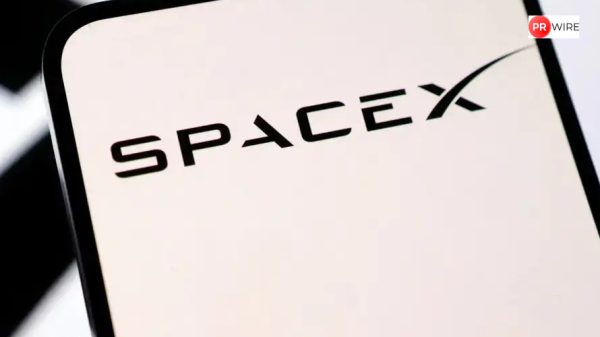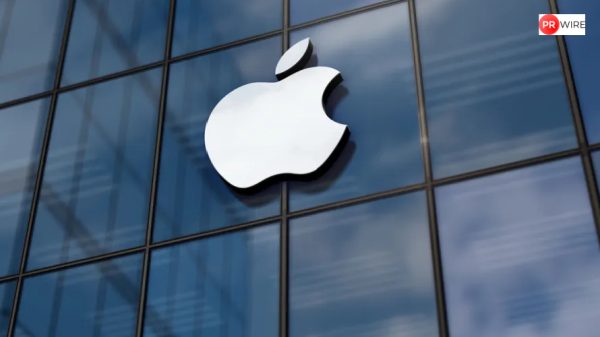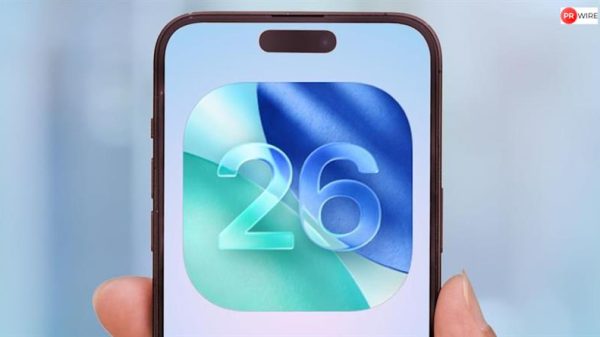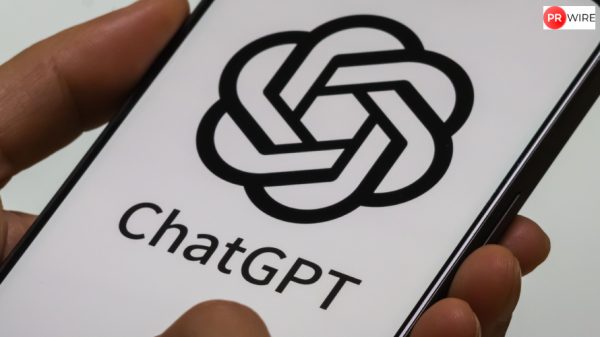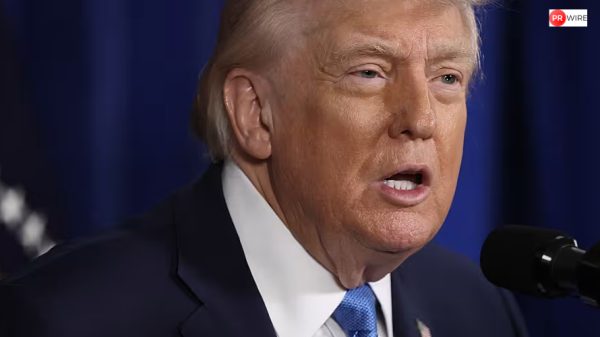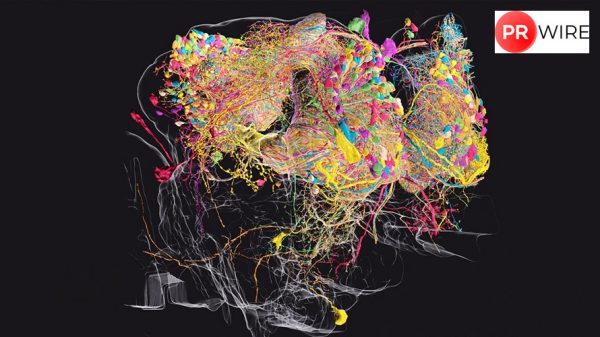The Reserve Bank of India (RBI) has asked card network Visa to stop its business payment solution provider (BPSP) in commercial and business payments through corporate credit cards.
While RBI did not specify the card network, Moneycontrol has learned from sources that this is Visa’s BPSP solution. BPSP started around 2017 as a solution to let small businesses accept card payments without having a card terminal in their account. Before BPSP, these payments were often made by the corporates through their RTGS and NEFT account transfers, which are debit transactions. BPSP allowed them to make credit payments.
According to the regulator, under this arrangement, the intermediary accepts card payments from corporates for their commercial payments and then remits the funds via IMPS/RTGS/NEFT to non-card-accepting recipients. This arrangement was without specific legal sanction from RBI.
“On closer scrutiny, it was observed that this arrangement qualified as a payment system. Under the provisions of the Payment and Settlement Systems (PSS) Act, 2007, such a payment system requires authorization under Section 4 of PSS Act, which has not been obtained in the instant case. The activity was, therefore, without legal sanction,” the statement issued by the central bank said.
Moneycontrol reported yesterday that card network Visa along with some of the banking institutions met with the RBI officials on February 14 to make representation and clarify the corporate card-to-business account money transfer transactions.
However, the regulator’s reading is different from that of the card network. The protocol fell outside the purview of RBI’s existing guidelines for the Payment Aggregator space. Usually, a PA firm would be involved in such a process but in this case that was not the case as BPSP predates RBI’s PA guidelines.
The business is believed to be doing around Rs 25,000-30,000 crore worth of monthly turnover and is dominated by EnKash and Paymate.
Visa in an official statement on February 14 said that BPSPs are regulated and licensed by the RBI under the PA/PG guidelines.
RBI’s primary concern is that the intermediary in the above arrangement pooled a large amount of funds into an account that is not a designated account under PSS Act. Strangely, the fintechs running the business had a Payment Aggregator license and are governed by RBI’s guidelines for PAs.
The regulator has clarified that as the matter is under detailed examination, the card network has been advised to keep all such arrangements under abeyance, till further orders. “It is clarified that RBI has not placed any restriction with respect to normal usage of business credit cards,” the statement said.
KYC comes to the fore again
“Transactions processed under this arrangement did not comply with the originator and beneficiary information requirements, as stipulated under Master Direction on KYC issued by the Reserve Bank,” the regulator said in the statement.
“However, the current accounts with banks are the final beneficiaries and have generally gone through the proper Know Your Customer (KYC) process and there is no need for such a kneejerk reaction from the regulator,” a senior bank executive, who did not wish to be identified, told Moneycontrol.
The corporates that make these payments are also well-known large companies for the banks and such cards are issued after a good amount of due diligence, he added.
“This is a case of RBI not knowing this was happening and how or what the processes are. Multiple people from corporates have to approve before the money is transferred to the end-user,” the banker added.
According to a senior card network executive, RBI likely wants clarity on who the end users are and for what purpose the money is being used, and once those issues are discussed, the business will be given a green signal.
“There could be a new set of guidelines under the existing PA license, but that will take some time. We will be able to start the business soon,” the person said.
“There are some regulatory concerns that some of these are not genuine vendors or the money has also been transferred to suppliers who are not part of the corporate account,” he said adding that banks and fintech issuing the cards will have to clarify this.
For credit card payments the networks — Visa and Mastercard — usually have a blacklist of merchants who are suspicious and such transactions are automatically flagged. However, for BPSP payments, there are no restrictions or a blacklist of suppliers, said the card executive quoted above.
The article originally appeared on MoneyControl.



